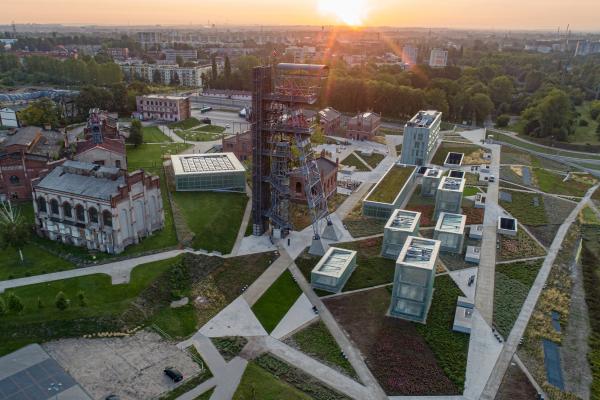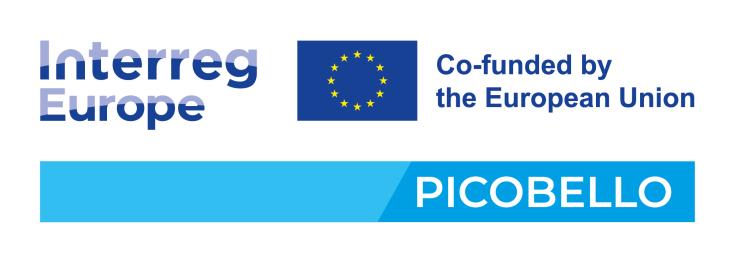Project summary
In 2020, the President of the European Commission launched an initiative called New European Bauhaus (NEB). The NEB is a creative and interdisciplinary initiative that connects the European Green Deal to our living spaces and experiences. It aims to support the implementation of Green Deal policies and the wise transition of the environment to be more sustainable, more inclusive and more beautiful. It is a creative and interdisciplinary movement, a platform for experimentation and exchange, promoting collaboration between actors from the worlds of science, technology, art, culture, architecture and design. Moreover, the NEB itself is conceived as an invitation to jointly solve complex social problems.
However, the route to building capacity for integrating the New European Bauhaus principles to the local and regional policies is still a new concept and is not so clear for policy-makers. As such, the project PICOBELLO will support governments to integrate those values into existing policy instruments to leverage and promoting long-term, life-cycle and integrated thinking in the industrial ecosystems.
The NEB focuses on local actions which should lead not only to changes in people's surroundings, but - as a result of the process of cooperation and tightening of relations - also changes the person himself.
In this complex and changing political-economic-social system, conventional ways of solving problems no longer work. Design process and in particular systemic and social design, is still a tool for better coping with all those changes. Design process, broadly defined as an intelligent, creative solution to changing and diverse human needs, provides the tools to restore these values to their rightful place.
Our project aims to improve regional development policy instruments in partner regions through co-creative knowledge exchange process on how European regions are implementing the values of the NEB in their development strategies.

